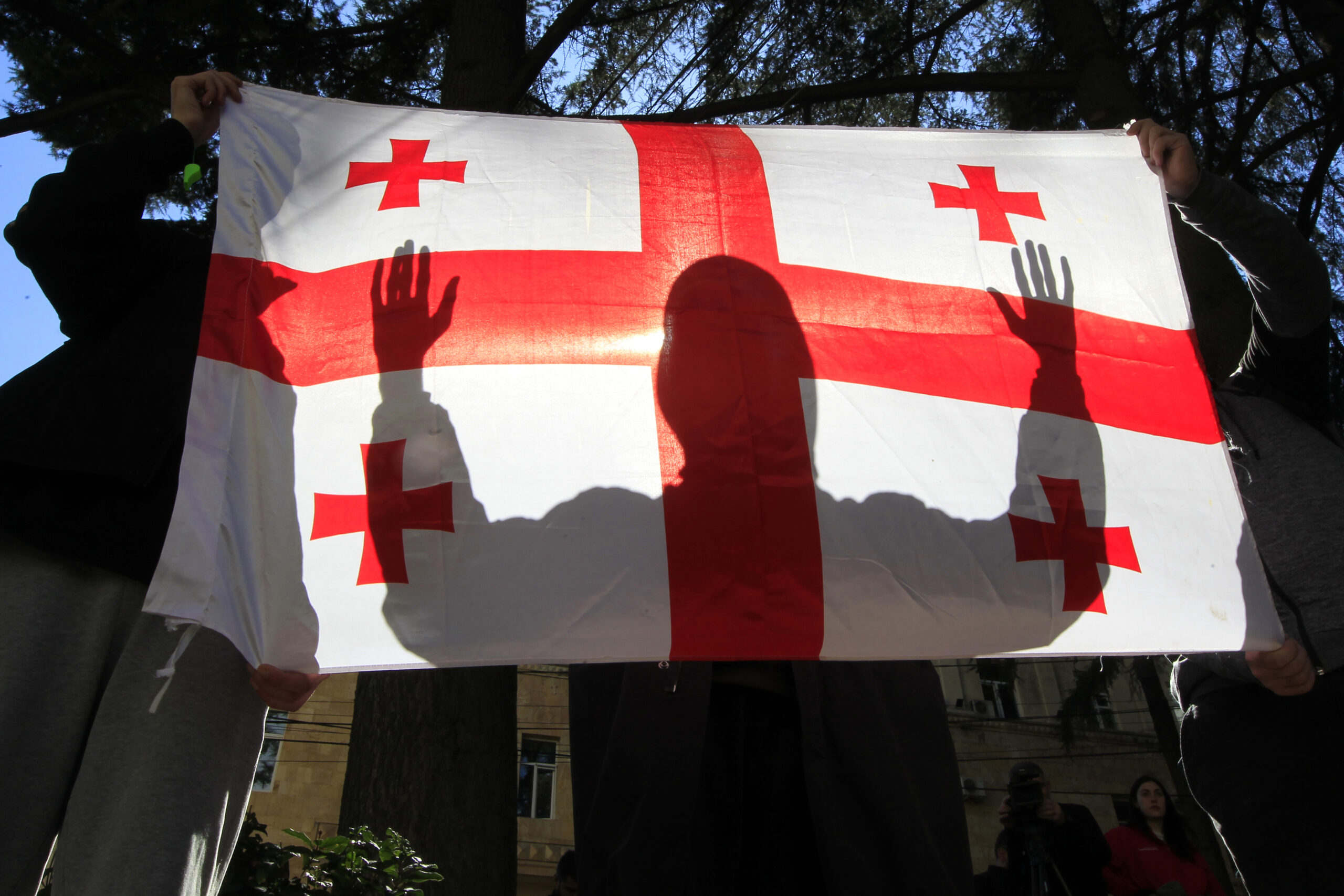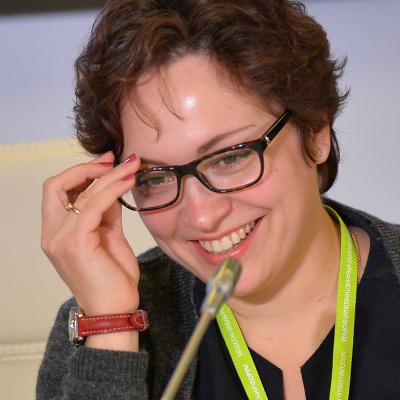Since its independence, Georgia has been a country of emigration: in the three decades since the collapse of the USSR, one in four residents of Georgia left the country. Yet Russia’s full-scale invasion of Ukraine has altered the migratory dynamic in a significant respect: many Russians have been emigrating to Georgia in search of safety and opportunities.
Some Georgians are concerned about who these holders of Russian passports will prove to be: are they just guests staying in the country until the end of the war? Are they labor migrants? Or are they even potential future citizens of Georgia? From a less optimistic lens, are today’s Russian immigrants in fact «Others» who pose a threat to the political, cultural and linguistic independence of Georgia?
From March to June 2022, 277.7 thousand Russians entered Georgia, of which 42.5 thousand have remained in the country. After the announcement of mobilization on September 21, 2022, the number of Russian citizens arriving in the country grew daily. According to the Georgian Ministry of Internal Affairs, from September 21 to September 30, 2022, 78,742 Russian citizens entered Georgia, while 62,120 Russians left it. The peak was September 25 and 26, when 11,143 and 10,804 Russian citizens per day entered Georgia, respectively.
Three types of Russian arrivals
Today, this new wave of Russian arrivals in Georgia can be divided into three groups:
1. Russians opponents of the war, openly expressing support for Ukrainians and initiating volunteer movements in support of Ukraine and its citizens.
These are citizens of Russia, who themselves have the status of visitors; they have undertaken extensive volunteer work to provide medical assistance to Ukrainians in Georgia, resettle them and resolve everyday issues. The leaders of organizations such as Motskhaleba and Volunteers Tbilisi are Russian, as are many of their employees and volunteers.
2. Russian nihilists who came to Georgia due to an unwillingness and/or inability to stay in Russia, but distance themselves from acknowledging that their state launched a war against its neighbor.
3. Russian tourists who are a special group of Russian citizens in Georgia; these arrivals are confident that the war does not concern them; they are apolitical. Georgia for them is a culinary and climatic paradise where many still speak Russian.
Apart from knowing the Russian language and having a Russian passport, these groups have little in common. However, an ordinary resident of Georgia, most likely, does not spot much of a difference; they are more likely to link their combined arrival to how inflation in the country is growing by leaps and bounds: compared to 2022, prices for housing, gas, and electricity increased by 4.5% in the summer of 2023; for household items and furniture — it rose by 5.5%; related services (for example, financial transfers) have increased their rates by 17.7%. In addition, the war in Ukraine surfaces painful memories held by many Georgians of the eight-day war between Russia and Georgia in 2008 and the status of the borders between Abkhazia and Georgia.
Therefore, it is not at all surprising that representatives of the parliamentary group «Euro-Optimists» are initiating a bill banning the issuance of investment and short-term residence permits to Russians until the end of 2024. One of the justifications for the bill was rising prices, inflation, and the unaffordability of housing due to a spontaneous price surge in goods and services from Russians arriving in the country.
Business benefits, identity dilemmas
However, there is another side to this influx of Russians. In the first quarter of 2023, citizens of the Russian Federation registered 5,332 different enterprises in Georgia, of which 5,133 were individual entrepreneurs, 191 limited liability companies and eight non-governmental organizations. And in 2022, Russians registered more than 15 thousand enterprises in Georgia.
In 2022, the Georgian economy showed a record GDP growth of 10.1%, and from January to July 2023 the growth was 7.2%. Reports from the Georgian Statistical Committee confirm that the 2022 record was achieved due to GDP growth of 15% in the first half of 2022, which accounted for the first wave of migration from Russia, and GDP growth of 9.8% in the third quarter. According to the Georgian Ministry of Justice, 4,520 Russian citizens bought 6,062 real estate properties in the country in 2022. Another 1,679 Russians purchased 2,187 properties in the first quarter of 2023. Direct investment (FDI) in Georgia by Russians has reached a historical maximum: according to this indicator, Russians occupy sixth place, after Great Britain, Spain, Netherland, the USA and Ireland.
The issues of obtaining a residence permit, opening bank accounts and acquiring citizenship for Russians in Georgia have their own specifics. From February 24, 2022, to April 11, 2023, Russians submitted 10,304 applications for a residence permit, of which 56% (5,759) were approved, 32.5% (3,340) were rejected, and 11.5% (1,205) are under consideration. In 99% of cases of refusal to obtain a residence permit for foreign citizens in Georgia, the decision was made by the State Security Service of Georgia.
However, one should not trust the impressive figures of naturalization (acquisition of Georgian citizenship) of Russians. The devil, as always, is in the details. In the period from February 24, 2022, to July 17, 2023, 5,635 Russians received Georgian citizenship, of which 3,034 were previously citizens of Georgia, but lost their citizenship. Another 2,564 people received Georgian citizenship in a special manner. The authorized services of Georgia applied a special naturalization procedure in relation to 2564 Russians based on the facts of the applicants’ birth on the territory of Georgia (2530), the presence of family ties and/or direct kinship of the applicants with citizens of Georgia (23), the applicants’ field of activity of particular interest to the country, that is these are figures in sports, science, and art (11). Only five Russians during this period were able to become subjects of Georgia in the usual manner.
Georgian legislators are rapidly amending many legislative acts in order to regulate migration flows into the country. The Government of Georgia approved Resolution No. 291 «On the procedure for registering immigrant labor employed by a local employer.» Already in September 2023, in order to obtain work resident and immigration visas — as well as to obtain a residence permit on the basis of an employment contract — foreign citizens will have to register in the newly created electronic system of the Ministry of Health. Foreign labor migrants who began their work duties before the resolution came into force must be included in this database before November 1, 2023.
Such a program is a correct and good mechanism for migration management, unless it is created to sift out unwanted (based on passport and citizenship) migrants for demographically depleted Georgia.
In today’s Georgia, there are many fears and doubts about Russians who have come to the country. Neither Georgian politicians nor representatives of Georgian society have a clear answer to the question of who these Russians who came to Georgia are: random travelers, wanderers in search of a new homeland, potential labor force or part of a Trojan horse. The Russians themselves do not have an answer to this question, simply because it depends on the political agenda both in their country of origin (Russia) and in the country of their reception (Georgia).
The outlook is unclear. On the one hand, the ongoing war in Ukraine and a new wave of mobilization could provoke a new influx of Russians into Georgia, thereby increasing social tensions between local residents and visitors. This could ultimately have a negative impact on the situation of the first wave of Russian emigrants in Georgia. On the other hand, today’s Georgia is at the center of a political conflict between the president and parliament, a growing social confrontation between the people and the authorities. Shifting responsibility for this confrontation onto the Russians who came to Georgia seems to be a big mistake. The most reasonable and optimal solution would be to assess the potential of people who came to the country and direct it to the prosperity of Georgia.










